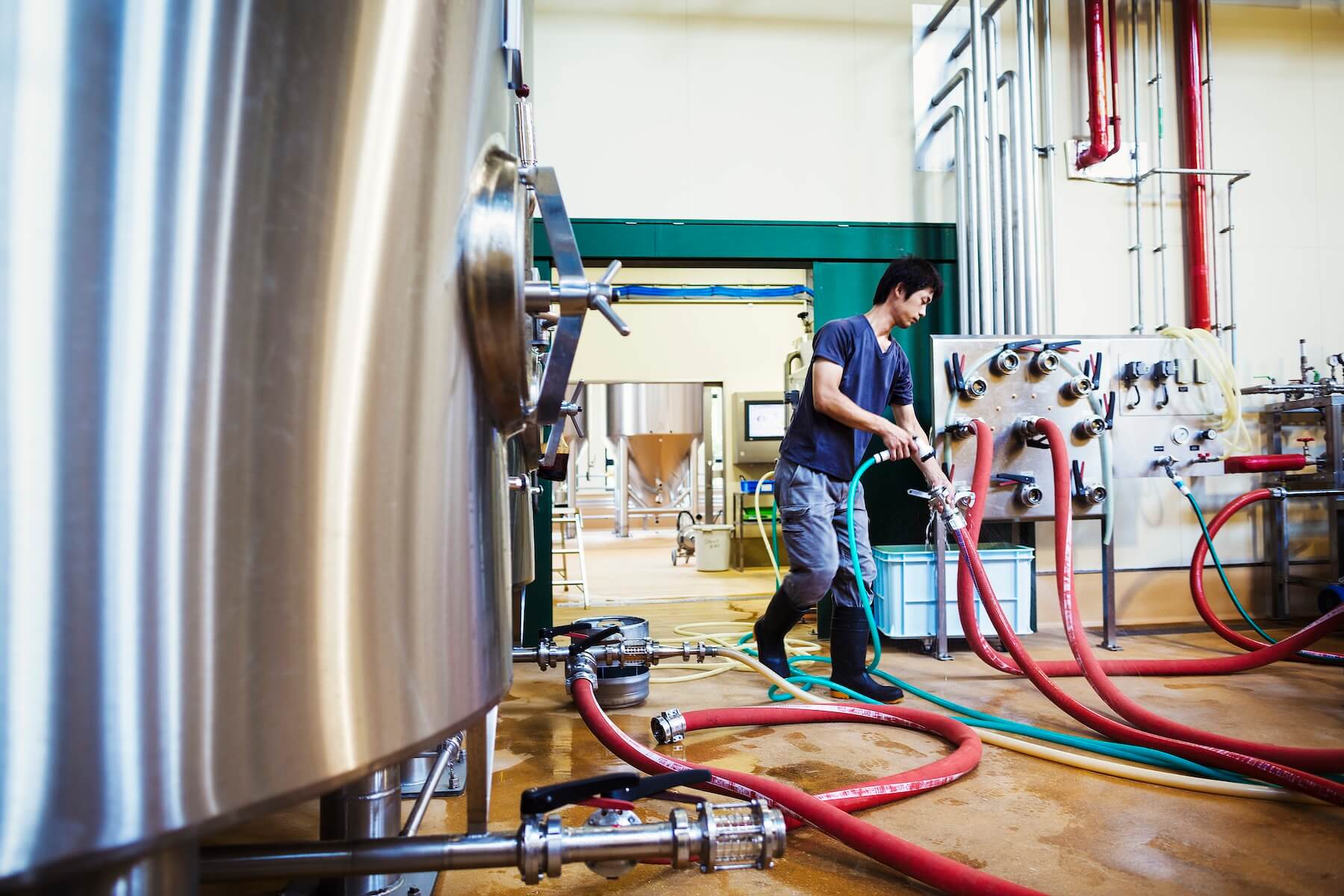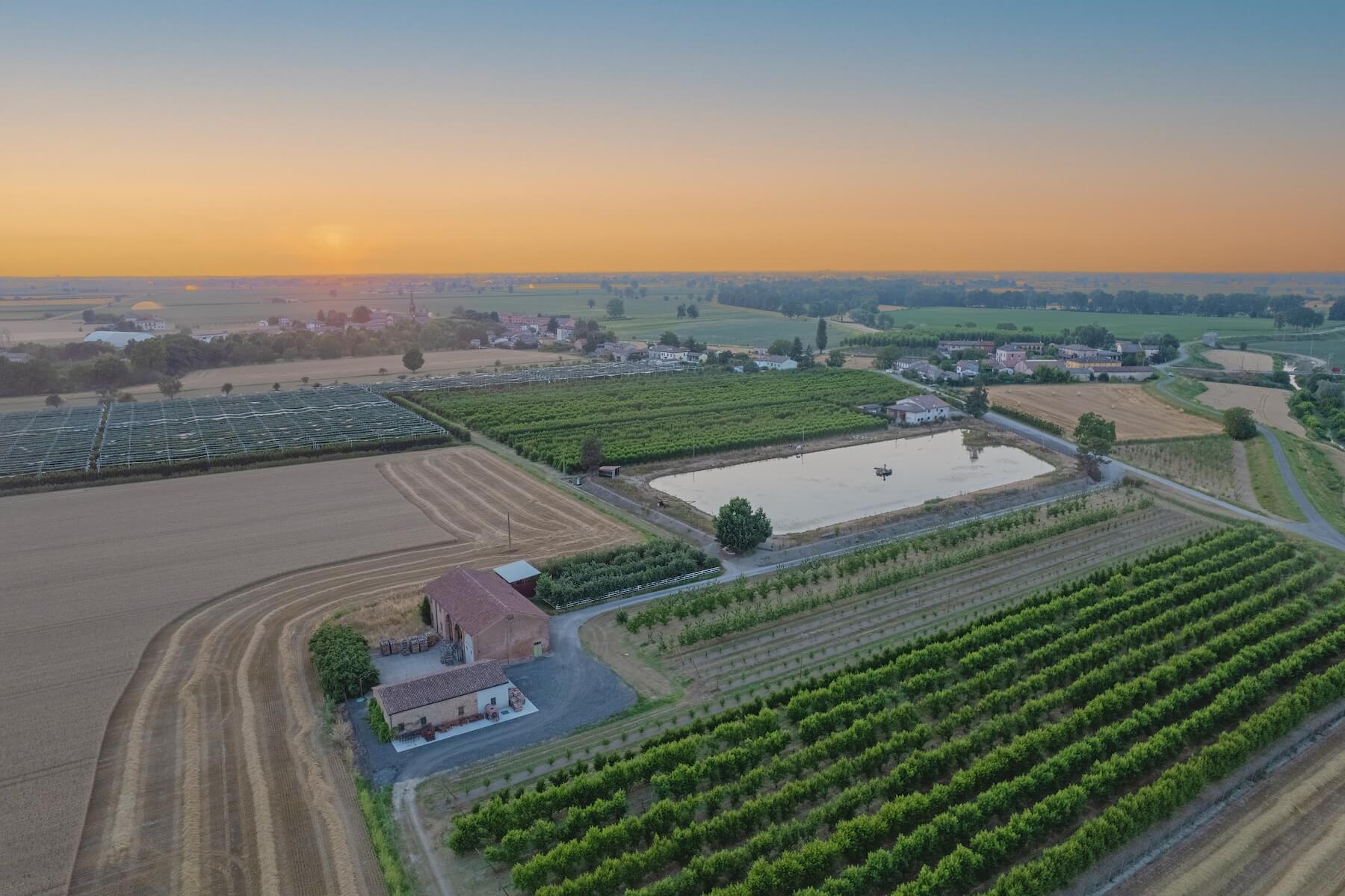The beverage industry is undergoing a seismic shift. Traditional boundaries between categories like beer, wine and spirits are blurring as companies adopt a “total beverage” approach. This strategy isn’t just about expanding product lines; it’s a comprehensive rethinking of engaging with consumers and managing production. As large and small beverage companies venture into new categories, they open up diverse opportunities for growth and resilience in a competitive market.
Crafted ERP customer Craft ‘Ohana produces a diverse portfolio that exemplifies the benefits of the total beverage approach. About their expansion from beer into other beverage offerings, Scott Metzger, president and chief operations officer, notes, “In addition to the incremental revenue that RTDs have provided, expanding into that space has allowed us to diversify our offerings and become a more holistic beverage company. Our product offerings now span beer, hard seltzer, hard teas, spirits, spirits-based RTDs and coffee. This diversification gives us multiple entry points to begin customer relationships, as many customers span multiple categories.”
Craft Ohana’s success underscores the importance of adaptability and strategic diversification in today’s bev-alc industry.
Understanding the Total Beverage Approach
The total beverage approach is a strategy in which companies produce and market a wide range of beverage products, which can include alcoholic and non-alcoholic options. This approach aims to meet varied consumer preferences and occasions, positioning companies to capture a larger market share. It’s about being present in every aspect of consumers’ drinking experiences, from morning coffee to evening cocktails.
For bev-alc companies, this means moving beyond their traditional focus. Beer manufacturers delve into spirits, wine producers offer ready-to-drink (RTD) cocktails, and spirit companies explore non-alcoholic beverages like sodas and teas. The goal is to create a portfolio that caters to a broad spectrum of tastes and consumption preferences.
According to Crafted customer Bill Shufelt, co-founder of Athletic Brewing, the demand for non-alcoholic beer may become more than 20% of the beer category. To continue catering to consumers wanting healthy and mindful options, Athletic Brewing responded by offering Day Pack Sparkling Water with hops infusion, further diversifying its portfolio.
Why Diversify? The Benefits of a Total Beverage Strategy
- Increased revenue streams: Diversification opens multiple revenue channels. A company that previously relied solely on beer sales can now tap into the lucrative markets for spirits, RTDs and non-alcoholic drinks.
- Risk mitigation: By spreading their bets across various product categories, companies reduce their vulnerability to market fluctuations affecting a single type of beverage. If beer sales dip, gains in the spirits or RTD segments can offset losses.
- Enhanced customer engagement: Offering a diverse product range enables companies to engage with consumers at different times and occasions, fostering stronger brand loyalty. A consumer might start their day with a company’s coffee, enjoy its soda with lunch and unwind with its craft beer or cocktail in the evening.
- Market expansion: Entering new beverage categories allows companies to reach new demographics and market segments, expanding their customer base.
Coca-Cola: A Nostalgic Stalwart in Beverage Expansion
Coca-Cola’s evolution from a soda company to a total beverage powerhouse is a prime example of this strategy in action. Over the years, Coca-Cola has expanded its portfolio to include water, tea, coffee, fruit juices and even alcoholic beverages. This diversification boosts revenue and helps the company stay relevant in a rapidly changing market where health-conscious consumers seek varied drink options.
Molson Coors: From Beer to Beyond
Traditionally, a beer-centric company, Molson Coors has also embraced the total beverage approach. Recognizing diversification potential, Molson Coors has ventured into spirits, RTDs and non-alcoholic beverages. This shift transforms the company into a comprehensive beverage provider, ensuring it remains competitive amid evolving consumer preferences.
The Role of Beverage Management Software in Diversification
Managing a diverse portfolio requires sophisticated tools to ensure efficiency and quality across different product lines. Beverage management software is crucial in this regard. It helps companies streamline production processes, manage inventory and analyze sales data to make informed decisions.
Key Functions of Beverage Management Software:
- Production management: Software solutions can integrate various production processes, ensuring consistency and quality across different beverage types. This is essential for maintaining brand reputation when diversifying product lines.
- Inventory control: Managing the inventory of multiple beverage categories can be complex. Beverage management software provides real-time insights into stock levels, helping prevent overproduction or shortages.
- Compliance and traceability: Regulatory requirements vary significantly between beverage types. Robust software ensures compliance with regulations and enables traceability, which is vital for quality control and consumer safety.
- Data analytics: Understanding consumer preferences and market trends is crucial for successful diversification. Advanced analytics tools within beverage management software can provide actionable insights, guide product development and inform marketing strategies.
Strategies for Smaller Bev-Alc Producers
While large companies like Coca-Cola and Molson Coors have the resources to diversify easier than most, smaller bev-alc producers might face challenges. However, they can adopt a total beverage approach with strategic planning and the right tools.
Steps for Smaller Producers:
- Start small and scale: Introduce a few new products within your existing capabilities. For example, a craft brewery might start with a line of RTD cocktails or hard seltzers before expanding further.
- Leverage partnerships: Collaborate with other producers or use contract manufacturing to minimize initial investment risks. This can provide access to new markets and expertise without significant capital expenditure.
- Focus on quality and branding: Ensure new products align with your brand’s values and standards. Strong branding and storytelling can help differentiate your products in a crowded market.
- Use technology: Invest in beverage management software to streamline operations and maintain control over the quality and consistency of diverse product lines. This can also provide valuable market insights to guide future expansions.
The Future of Beverage Diversification
The total beverage approach represents the future of the bev-alc industry. By diversifying their product lines, companies can enhance their market presence and profitability and build stronger, more resilient brands. Whether a large corporation or a small craft producer, embracing this strategy requires careful planning, technological investment and a deep understanding of consumer trends.
As the beverage landscape continues to change, those navigating the complexities of multiple beverage categories will likely be best positioned to thrive. With the right tools and a commitment to quality and innovation, the total beverage approach offers a pathway to sustained growth and success in an increasingly competitive market.
Interested in growing your business through diversification? Crafted ERP can help you with total beverage management. Contact us now to talk more about it.







